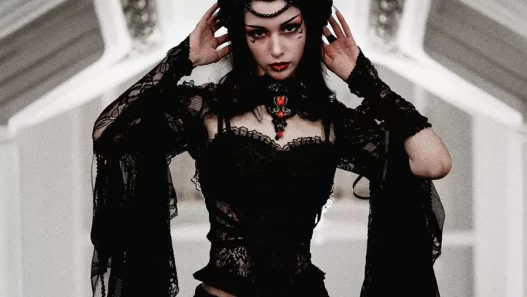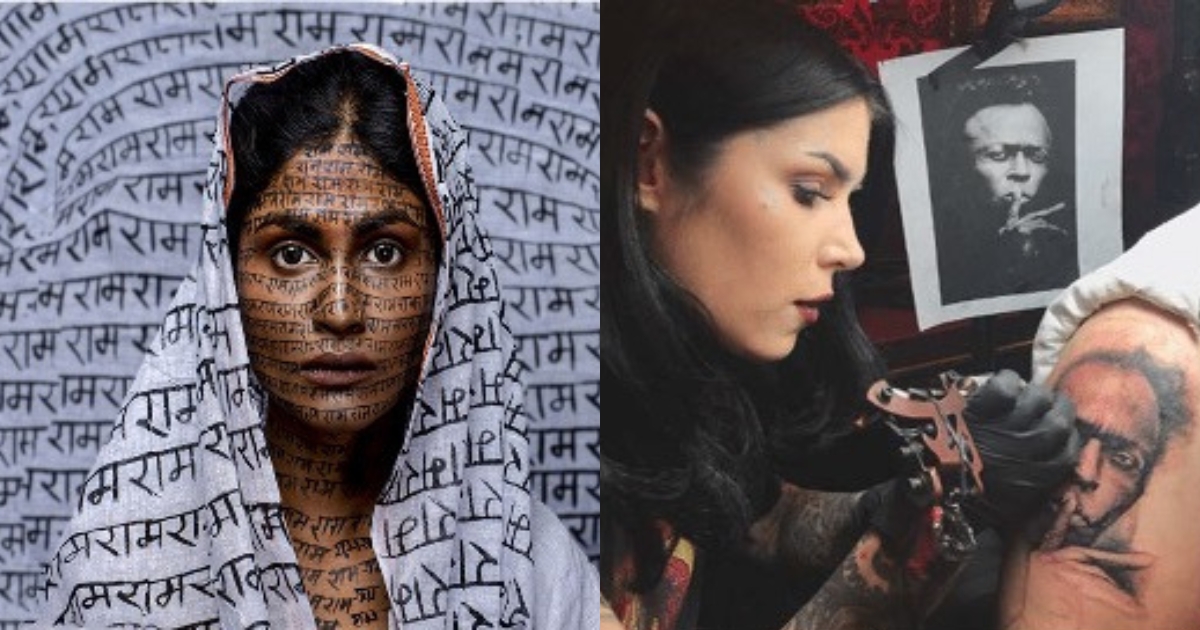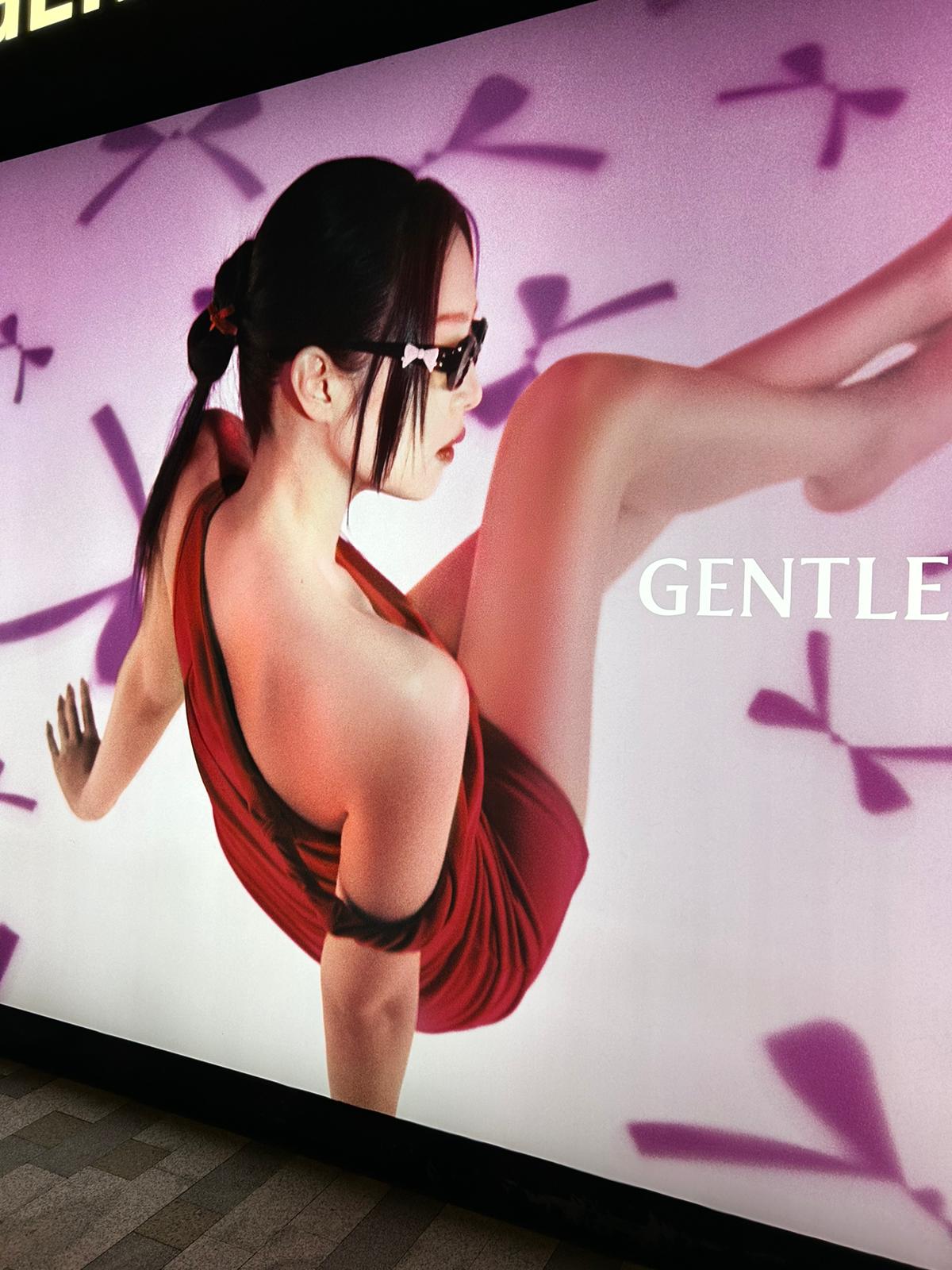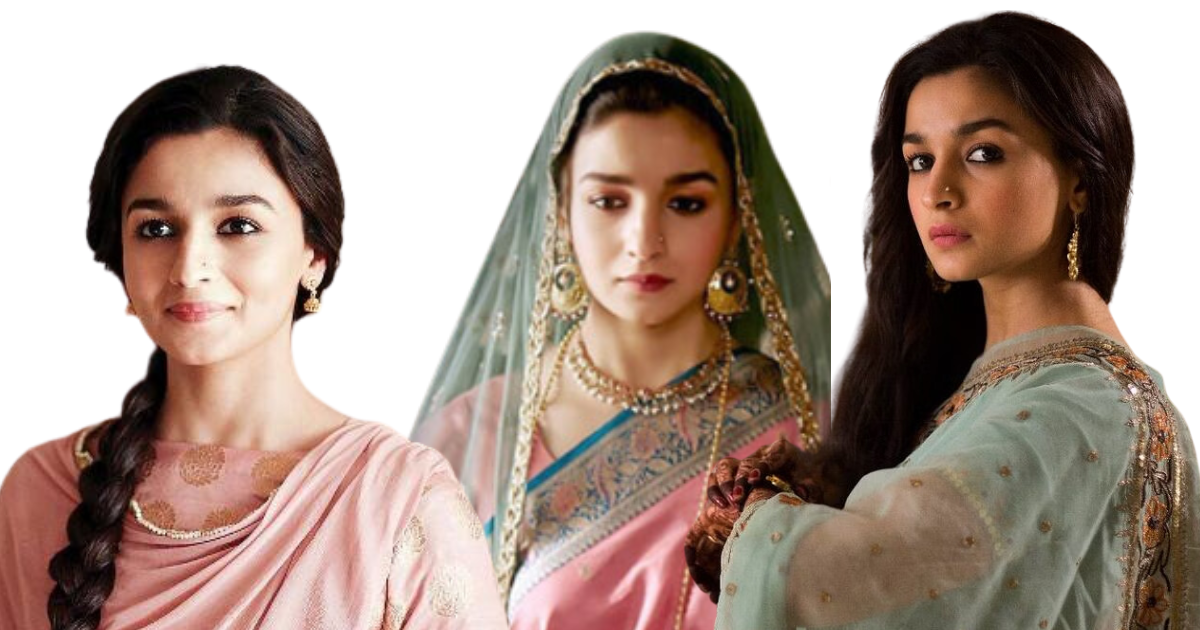Scarlett Johansson. The name conjures up images of a captivating actress who has graced our screens for over two decades. From her breakout role in Lost in Translation (2003) to her iconic turn as Black Widow in the Marvel Cinematic Universe (MCU), Johansson has established herself as a Hollywood force to be reckoned with. But beyond the red carpets and blockbuster films lies a woman who has consistently challenged the gender pay gap in the entertainment industry.
This article delves into Johansson’s fight for equal pay, exploring the instances where she took a stand, the wider context of Hollywood’s gender pay disparity, and the impact her actions have had on the industry.
From Catwalk to Contract Negotiations: Johansson’s Early Battles
Johansson’s awareness of gender inequality likely began early in her career. As a child star, navigating the complexities of Hollywood, she may have witnessed firsthand the discrepancies in opportunities and compensation between male and female actors. This awareness translated into action as she matured into adulthood.
One of the first documented instances of Johansson advocating for equal pay came in 2013 during negotiations for The Avengers: Age of Ultron (2015) [Hindustan Times, When Scarlett Johansson refused to be paid less for Avengers 2 and Robert Downey Jr backed her, 2021]. Rumors swirled that Johansson, alongside co-stars Chris Hemsworth and Chris Evans, threatened to walk away from the project if their salaries weren’t renegotiated. While details remain unconfirmed, the reported incident highlighted the growing discontent amongst female actors regarding unequal pay.
Johansson’s fight wasn’t solely focused on securing her own fair share. In a 2016 interview with Cosmopolitan [Newsweek, Scarlett Johansson Feels ‘Icky’ Talking About the Gender Pay Gap, 2016], she acknowledged her privileged position within Hollywood, stating, “There’s something icky about me having that conversation unless it applies to a greater whole.” This sentiment underscores her desire to advocate for a systemic change in the industry, not just personal gain.
Black Widow: A Stand for Franchise Value
The release of Black Widow (2021) reignited discussions about Johansson’s fight for equal pay. Johansson not only starred in the film, but also served as an executive producer. However, the controversy arose from the film’s simultaneous release in theaters and on Disney+ . Johansson argued that this dual release strategy compromised the film’s box office potential, impacting her performance-based compensation.
She sued Disney, alleging a breach of contract. The lawsuit, while ultimately settling out of court, brought a spotlight to the complex issue of actor compensation in the age of streaming platforms. It also raised questions about transparency in contracts and the potential for studios to manipulate release strategies to limit payouts to actors, particularly women.
The Gender Pay Gap in Hollywood: A Persistent Problem
Johansson’s fight for equal pay is not an isolated incident. Numerous studies have documented a persistent gender pay gap in Hollywood. A 2019 report by the USC Annenberg Inclusion Initiative [Annenberg Inclusion Initiative, USC, 2019. “Inequality in Hollywood”] found that on average, top-billed actresses earned 31.3% less than their male counterparts. This disparity exists across genres and budgets, highlighting a systemic issue within the industry.
Several factors contribute to this gap. One is the perception of “bankability.” Studios often justify higher salaries for male actors based on the assumption that they will draw a larger audience. However, this rationale fails to consider the impact of strong female leads on a film’s success. Additionally, unconscious bias and ingrained gender stereotypes can influence casting decisions and salary negotiations.
The Ripple Effect: Johansson’s Impact on the Industry
While the full impact of Johansson’s actions can still be debated, they undeniably sparked a conversation within Hollywood. Her lawsuit against Disney sent a powerful message to studios about the importance of transparency and fair compensation. Furthermore, Johansson’s outspokenness inspired other actresses to speak out about their own experiences with unequal pay.
The industry has seen some positive changes. Studios are increasingly focusing on diversity and inclusion, with a growing awareness of the need for equal opportunities for women both in front of and behind the camera. Additionally, actresses like Jennifer Lawrence and Viola Davis have used their platforms to advocate for fair pay, further amplifying the call for change.
However, the fight for equal pay remains ongoing. The gender pay gap persists, and achieving true parity will require continued pressure from actresses, unions, and fans alike.
Beyond the Paycheck: Advocating for Change
Johansson’s fight extends beyond securing equal paychecks. She actively champions the empowerment of women in Hollywood and beyond.
Championing Female Representation: Johansson has consistently used her influence to promote female-driven narratives. She has spoken out about the need for more stories told from the perspective of women and the importance of featuring strong female characters who defy stereotypes [The Independent, Scarlett Johansson says women ‘are undermined, underserved, under-appreciated and underpaid’ | The Independent, 2021].
One way she has pushed for change is through her production company, These Pictures. Founded in 2012, the company focuses on developing projects with complex female characters at the forefront [Variety, Scarlett Johansson Launches Production Company (Exclusive), 2012]. Johansson has stated, “I see a lot of limitations placed on women in storytelling…We need more nuanced portrayals of women” [Variety, Scarlett Johansson Launches Production Company (Exclusive), 2012]. These Pictures’ first project, Women in Translation (2018), is a testament to this commitment, showcasing a complex and layered portrayal of a female protagonist.
The Road Ahead: A Continuing Fight
While Johansson’s actions have undoubtedly played a role in pushing the conversation about equal pay forward, the fight for gender parity in Hollywood is far from over. The following points highlight remaining challenges and areas for continued action:
- Transparency in Contracts: The lack of transparency surrounding actor compensation remains an issue. Standardizing contracts and ensuring clear performance-based bonuses could help mitigate future controversies like the Black Widow lawsuit.
- Breaking the “Bankability” Myth: Studios need to move beyond the outdated notion of “bankability” based solely on gender. Data analysis and box office studies that take into account the impact of strong female leads can help dispel this myth.
- Shifting Audience Expectations: Audiences have a role to play as well. Supporting films featuring strong female characters and diverse casts sends a message to studios about what viewers want to see.
Conclusion
Scarlett Johansson’s journey transcends the image of a Hollywood A-lister. She has leveraged her platform to advocate for equal pay, champion female representation on screen, and foster solidarity among women in the industry. Her actions serve as a beacon for change, inspiring others to challenge the status quo and fight for a more equitable Hollywood. While the road ahead is long, Johansson’s unwavering voice ensures that the fight for gender equality continues to gain momentum.

















